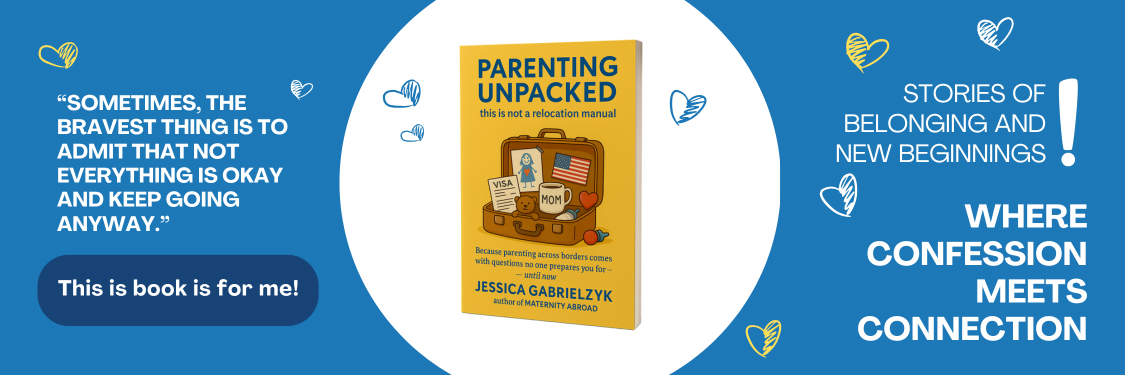The untold strength of immigrant parenting in the workplace
Among my fondest childhood memories are afternoons spent at my grandma’s open-door-policy home, where she served the famous Brazilian afternoon coffee with fresh bread from the corner bakery.
Not only were the coffee and bread warm, but the presence of extended family in my routine provided reassuring comfort. Now that I am also a parent, I can relate to my parents’ relief of having the support of another caring adult at any time.
This memory highlights the first challenge of immigrant parenting in modern society: the loneliness of the nuclear family in an unknown territory.
Parenting itself in modern society is close to an impossible mission. At the dawn of humanity, people grouped together to survive, and even fast-forwarding to my childhood, the extended family was around. However, the modern nuclear family model pushes us in the opposite direction which feels unnatural for our survival. When someone moves abroad, being surrounded by relatives becomes a distant reality. Add to that the anguish of facing so many first-time experiences which is simply the immigrant’s routine.
Immigrants once learned how to survive in their homeland. Moving abroad means relearning everything from scratch. From communication and the cultural decoding behind it (what does this frown really mean?), to building bonds and navigating hierarchies (should I approach my boss’s boss, or would that be considered disrespectful?). From deciding what to eat to how often to brush your teeth (my shock: in Brazil, three times a day; in the USA, twice, skipping the after-lunch brushing). Every detail of daily life must be carefully rebuilt.
Now add a fragile little human into the picture. Welcome to renewed firsts in this brave new world! The first doctor’s appointment and figuring out how to say “butt” or “poop” politely. The first time asking at school about transition support, only to get a judgmental look: “You Brazilians spoil your kids with this level of attachment.” The first time your child comes home saying words you’ve never heard before, leaving you wondering: “Is that offensive?” If that weren’t enough, I also have to beg my kid to be bilingual to maintain a relationship with our extended family abroad! Then come the first playdate, first sleepover, first date, first broken heart… and suddenly, they’re moving out!
Who can help? Work colleagues? Yoga buddies? Fellow expats? Probably not… they’re not that close. So you realize: a support network must be built. Paying for preschool or babysitters, the need of getting to know your neighbors, other parents at the playground, even a stranger who once smiled at you outside your child’s school.
Immigrant parenting exists where bravery borders on insanity. That’s why we, immigrant parents, deserve more than respect: we deserve admiration!
If you have a immigrant employee who is also a parent, you can add these competencies to their résumé: warrior, brave, resilient, flexible, problem solver, hard-working, skilled in navigating complexity.
My advice to all employers: incorporate compassion to your company policies. Focus on results, not attendance. Delegating these types of decisions to a leader’s discretion sets the stage for unfairness in the organization. I hope you gathered from this short article that “good judgment” is an unrealistic expectation to place on leaders and employees, since judgment is always cultural and personal.
From a granddaughter of immigrants to becoming an immigrant myself, my personal and professional mission has integrated into the role of an intercultural consultant to spread these ideas and hopefully plant seeds for a more compassionate world for us and our kids.
Written by Renata Takacura | @renata.takacura
Intercultural consultant specializing in intercultural training and career guidance for immigrants and organizations at all stages of their international experience









Finland is inviting international talent with free courses, one-on-one mentoring, and fast-track residency — a real chance for families abroad to thrive.